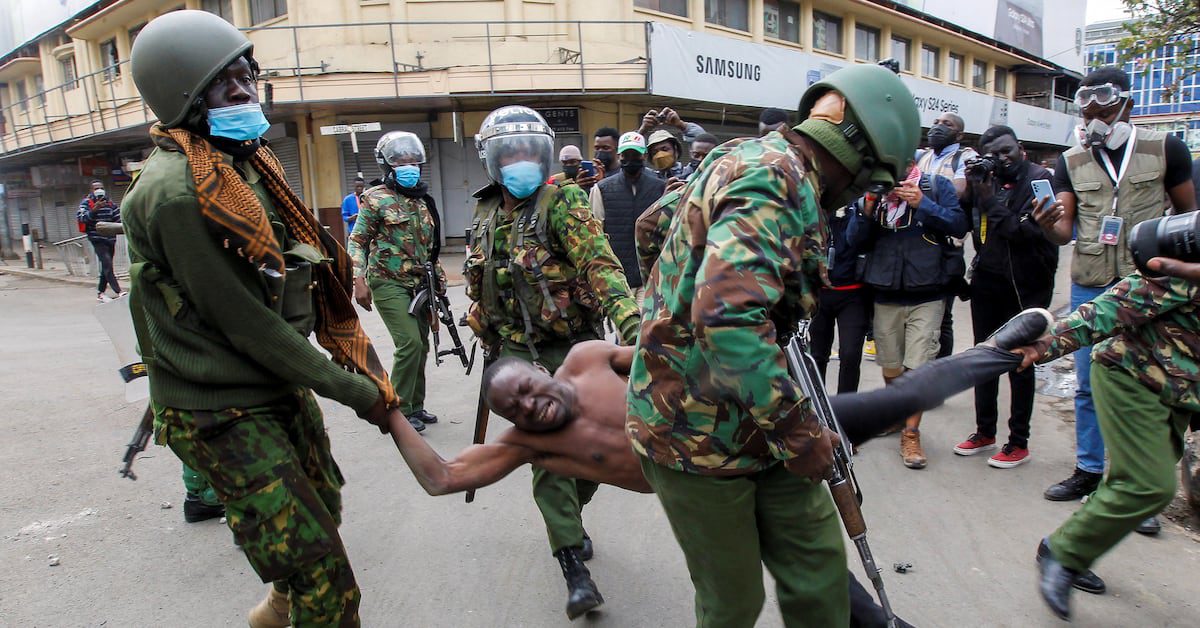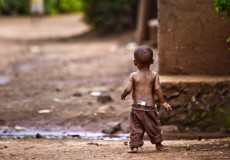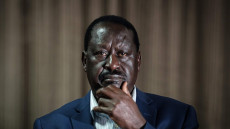- The sound of approaching police is not always a sign of security in Kenya.
- Many people interpret it as a sign of fear rather than safety, particularly the young and marginalized.
- This mistrust is not a work of fiction; rather, it is the result of a long and painful past in which people who were supposed to protect frequently caused harm.
The sound of approaching police is not always a sign of security in Kenya. Many people interpret it as a sign of fear rather than safety, particularly the young and marginalized. This mistrust is not a work of fiction; rather, it is the result of a long and painful past in which people who were supposed to protect frequently caused harm.
Colonialism is deeply ingrained in Kenya's history of police brutality. The police force was created by the British colonial government to control its subjects rather than to serve them.
Violence was institutionalized through the suppression of protests, curfew enforcement, and the disbandment of Mau Mau meetings. It was suppression and not a law of enforcement.
Kenyans anticipated a new era after gaining independence in 1963. However, there was no much change, instead same organizations, strategies, and mentality persisted. Although the baton changed hands, its application remained harsh.
The police have been used for decades to stifle dissent, threaten the public and carry out political objectives. Hundreds were killed in the post-election violence in 2007–2008, many of them by security forces.
Read More
Witnesses described beatings in homes, extrajudicial executions and young men going missing after being snatched off the streets. These were systemic stories and not isolated ones.
This pattern continues years later. The victims are numerous and accountability is still elusive whether they are protesters in Kisumu, street vendors in Nairobi, or defenseless kids like Baby Pendo, who was killed in a police raid in 2017.
Even though investigations are announced with great fanfare, justice is rarely served. Prosecutions are replaced by suspensions. While the accused continue to wear their uniforms with impunity, the families of the victims wait in silence.
Optimistically, the Independent Policing Oversight Authority (IPOA) in Kenya was established in 2011. The Independent Policing Oversight Authority Act (Act No. 35 of 2011) was enacted on November 18, 2011, according to the Kenyan Law.
IPOA was meant to be the vanguard of police reform, ensuring that the Kenya Police Service operates within the bounds of the law and respects human rights by serving as a watchdog and an accountability force.
However, recent events have cast a long shadow over IPOA’s efficacy, revealing a stark disparity between its mandate and its actual performance, particularly in addressing the egregious instances of police brutality witnessed during public demonstrations.
Furthermore, in 2025, public indignation has been rekindled by the death of blogger and educator Albert Ojwang while he was in police custody. Nationwide outrage has been sparked by his arrest, which was purportedly due to critical posts he made online, and his subsequent suspicious death.
Another tragedy ensued when protesters responded by taking to the streets. Police shot a hawker, Boniface Mwangi Kariuki on the head. This incident was captured on camera and was too obvious to ignore.
This is not a system failure instead "this is the system" a culture where victims are held accountable while officers act without much fear of repercussions, as silence remains the norm of the day.
However, presently, something different is happening. The opposition is becoming more organized, vocal and defiant. Ordinary citizens, artists, legal experts, and civil society are calling for more than just declarations.
They are calling for changes that are based on accountability and justice. They are fed up with the impoverished dying anonymously while the guilty continue with business as usual.
Rearranging the leadership and making superficial adjustments did not make any results in real reform, which was as a result of gen-Z protests that spread nationwide on 20 June 2024. The protest led to police cracking down on demonstrators and killing some of the protestors.
The 2024 Finance Bill was the first in a series of tax reforms based on a Medium-Term Revenue Strategy (MTRS) devised and published by the Kenyan government in 2023 through the Ministry of National Treasury and Economic Planning.












